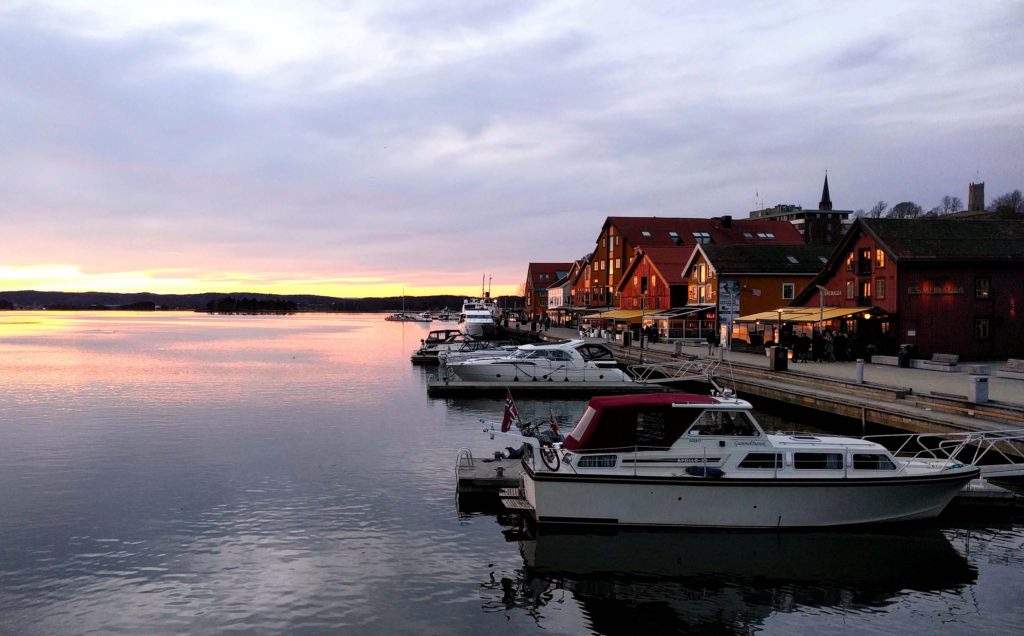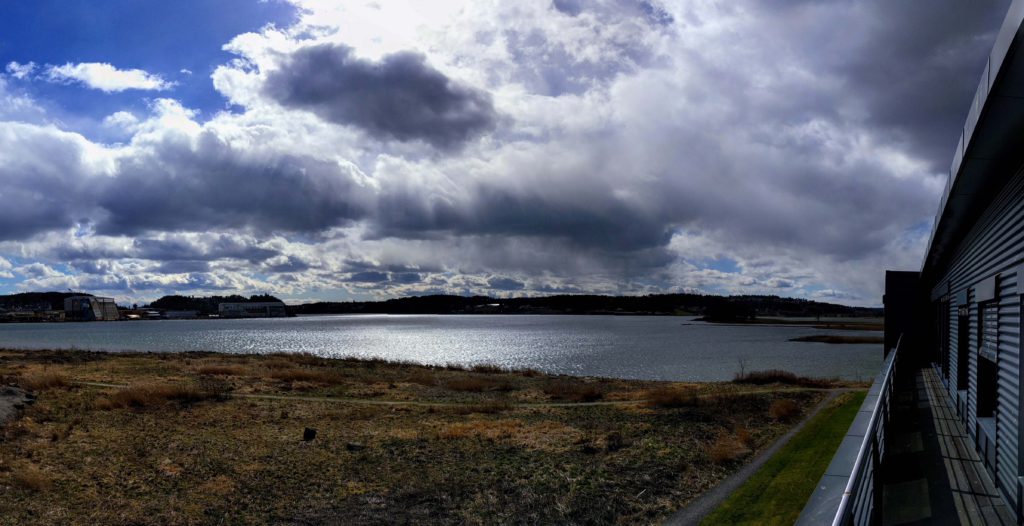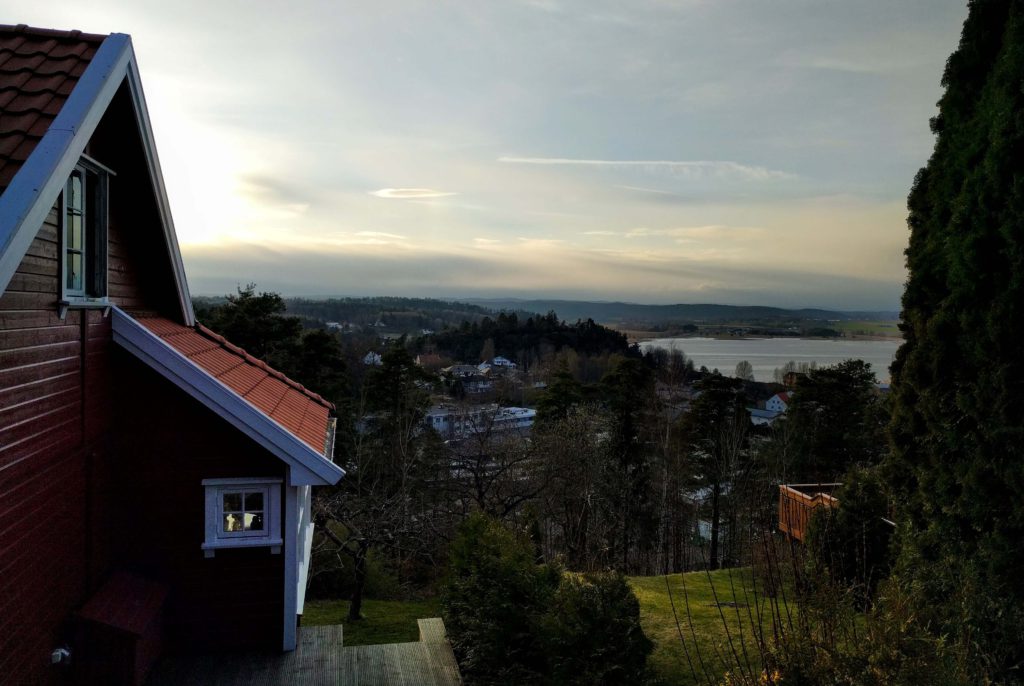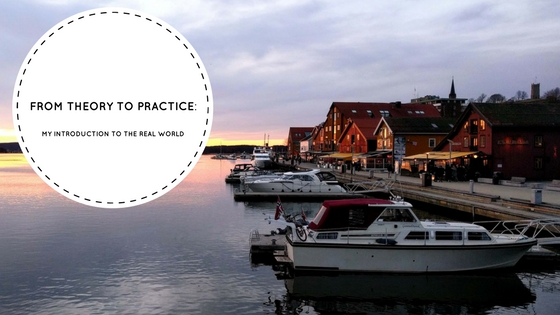My plate sat empty and neglected on the lunch table in front of me. I leant over it fully engrossed in the conversation bouncing around the members of the small company I have been an intern with for just over a month now. The CEO was interviewing his guest about the practicalities of installing a wind turbine on the man’s property. The subject matter was all familiar to me because I had recently spent several months learning the process of wind power development and the theory behind the technology at Uppsala University Campus Gotland, but the details were rife with novelty. I had learned the typical ranges for the cost of producing energy and the prices providers were charging, but these men were discussing precisely what our guest expected to invest and what the utility would pay for the extra energy. I had learned the various methods of estimating how much wind an area would receive, but the conversation spent several minutes on the details of the measurement instrumentation needed and the options for making estimates based on the already available data. Though I typically make the effort to interview experts when I have the chance to learn about my new industry, I needed to do nothing more than be a fly on the wall, sampling each valuable bit of information that flew across the table in front of me and storing it in a file marked “you’re going to use this”.
This was only one of the many practical conversations we’ve had over our daily lunch at the office of WindSim AS in Tønsberg, Norway. The eight of us in the small office gather frequently, and I’ve felt like a member of a small family almost since day one. The company develops a software (also called WindSim) that supports wind resource and energy production estimates for developers around the world, but their main office here in Norway still feels like small family operation. When I think about this rationally, it seems preposterous that in a global company, a lowly, unpaid intern has an almost daily opportunity to interact with the head software developer, both co-founders, and the CEO during what is essentially a two-month-long job interview.
However, the approach to my arrival seemed normal and uneventful. This was primarily due to the fact that I had gotten myself into an excellent position to have such doors open before me. As a student in the Wind Power Project Management masters programme at Uppsala University Campus Gotland, I have connections throughout the renewable energy industry via our faculty and the alumni network. WindSim has been helping students of the programme learn their software for years now, and I currently sit across from a PhD student, who completed the WPPM programme three years ago. They were happy to consider yet another intern from our department for a short stay.
Over the past month, I have been working on a project that forms the basis of my thesis to investigate potential improvements to their model of wind flow through forests. As wind power continues to expand, more developers are looking to northern Scandinavia where the wind is strong but the terrain unforgiving. A significant challenge will be predicting the winds over these forested and mountainous regions. WindSim’s computational fluid dynamics model is well suited for such a task, but it’s far from perfect. By implementing lessons learned from my studies directly into the software, we are working to see how we can reduce uncertainties in wind turbulence predictions.
The knowledge I have gained and the resources I have had available to me have been invaluable, but life in Norway certainly does come with a price tag. That’s where Erasmus+ stepped in. As most graduate students understand, financial pressures sadly direct many of our choices, but the grant that Erasmus+ has provided in order to support this traineeship has made a life here possible. It is far from certain whether or not I will join the WindSim team after I defend my thesis next month, but I will return to Tønsberg before long to present the research we have been conducting at their biannual user meeting, where WindSim clients from around the world will converge to exchange ideas, insights, and most importantly for me, business cards.
Until then, I still have a few more weeks to finish up my thesis in our cozy office, which means a dozen more opportunities to talk business with the CEO over a morning coffee, pester the programmers about the details of the software, and tune in to the chatter of real industry players around the lunch table.
So I’d like to take this opportunity to send a huge THANK YOU to the Erasmus team on this Europe Day and wish them a happy birthday in celebrating 30 years of supporting education in Europe!

Tønsberg waterfront:

From the balcony of our office

From the hill on Nøtterøy, where I live


Leave a Reply